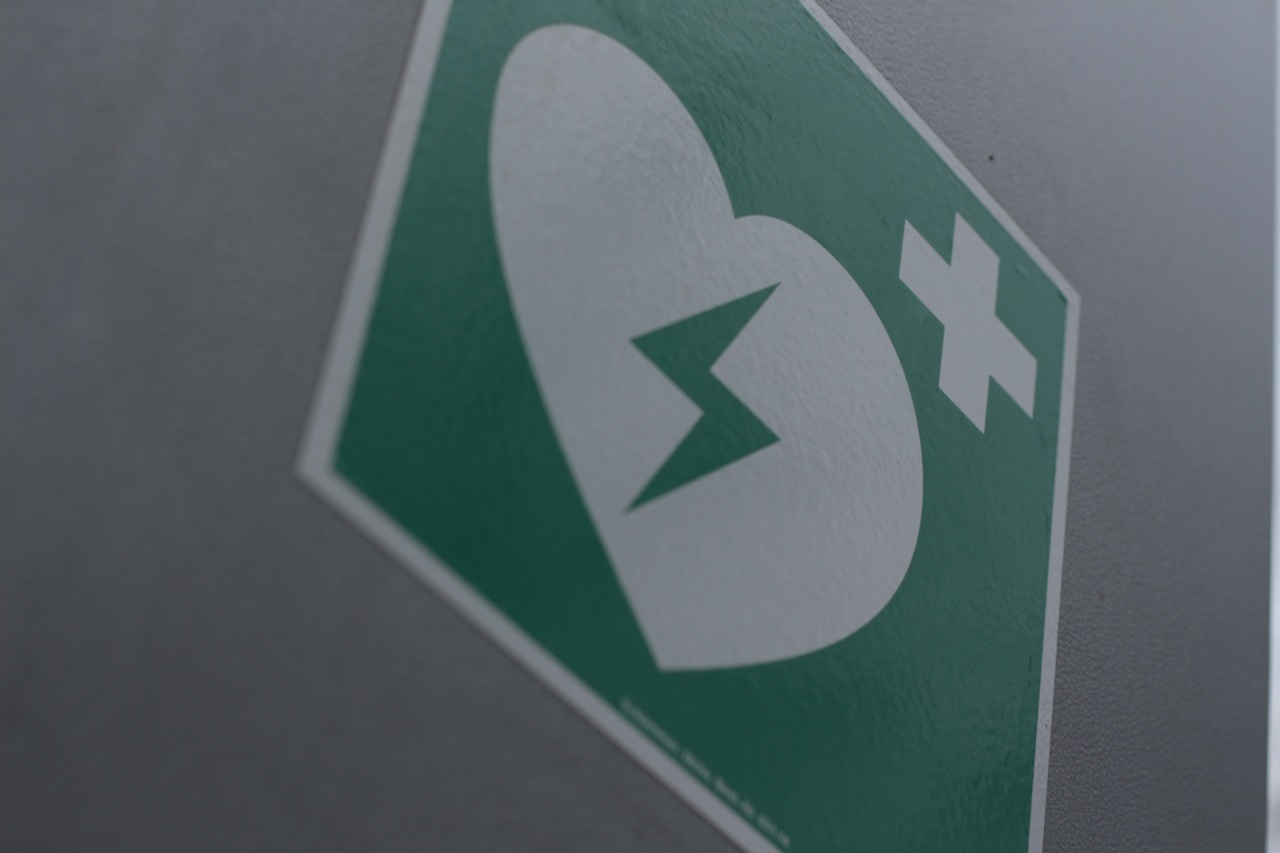Heart problems can often go unnoticed, especially when the symptoms are subtle. Many individuals dismiss these signs as normal aging, stress, or other non-cardiac related issues.
Unfortunately, ignoring these subtle indications can lead to serious health consequences. It is crucial to be informed about the subtle signs that may suggest an underlying heart problem. Recognizing these symptoms early on can help in preventing life-threatening situations and seeking prompt medical attention.
In this article, we will discuss ten subtle indications that might be indicative of a heart problem.
1. Fatigue and Weakness
Feeling tired or weak is a common symptom in many health conditions. However, persistent fatigue and weakness could be a sign of an underlying heart issue.
When the heart does not pump effectively, the body receives less oxygen and nutrients, leading to a constant feeling of exhaustion and weakness. If you notice an unexplained and prolonged lack of energy, it is advisable to consult a healthcare professional.
2. Shortness of Breath
Experiencing shortness of breath while performing everyday activities like climbing stairs or taking a short walk could be a subtle indication of a heart problem.
It may signify that your heart is not efficiently pumping blood to meet the body’s needs. This symptom should not be disregarded and requires prompt medical evaluation.
3. Chest Discomfort
Chest discomfort is often associated with heart problems, but it does not always manifest as intense chest pain.
Some individuals may experience mild discomfort, tightness, heaviness, or pressure in their chest, which often gets ignored as mere indigestion or muscle strain. It is essential not to ignore any form of chest discomfort, as it could be an early sign of heart disease or a heart attack.
4. Dizziness and Lightheadedness
Feeling dizzy or lightheaded occasionally is common and usually not concerning. However, if these sensations are recurring or if they occur suddenly without any apparent reason, it might indicate an issue with your heart.
This symptom can be a result of inadequate blood flow reaching the brain, prompting the need for further evaluation.
5. Irregular Heartbeat
Occasional irregular heartbeats, also known as palpitations, are usually harmless and can occur due to anxiety or other non-threatening factors.
However, if you frequently experience irregular heartbeats or notice patterns of heart palpitations, it is essential to consult a healthcare professional. These palpitations might be a sign of an underlying heart condition that requires medical attention.
6. Swelling
Swelling in the feet, ankles, legs, or abdomen can be an indication of heart failure. When the heart is unable to pump blood efficiently, it can lead to fluid retention in the body, causing swelling or edema.
If you notice an unexplained increase in swelling, it is advisable to seek medical advice to rule out any heart-related issues.
7. Jaw, Neck, or Back Pain
While chest pain is the most common symptom associated with heart problems, it is important to be aware that pain in the jaw, neck, or back can also be indicative of an underlying heart issue.
Sometimes, the discomfort or pain may radiate from the chest to these areas. It is crucial not to dismiss these symptoms and consult a healthcare professional for a proper evaluation.
8. Excessive Sweating
Excessive sweating without any apparent cause can sometimes be an indication of an underlying heart problem. This excessive sweating, often referred to as diaphoresis, typically occurs during periods of rest or while experiencing other cardiac symptoms.
If you notice an unusual increase in sweating, it is recommended to seek medical advice.
9. Nausea and Loss of Appetite
Heart problems can contribute to digestive issues such as nausea, indigestion, vomiting, or a loss of appetite. Many individuals may overlook these symptoms or attribute them to unrelated causes.
However, if you experience persistent gastrointestinal problems along with any other subtle indication mentioned above, it is important to consider the possibility of an underlying heart condition.
10. Anxiety and Intuition
Intuition about your own health should not be underestimated. It is not uncommon for individuals with heart problems to experience unexplained anxiety, a sense of impending doom, or simply a feeling that something is not right.
These feelings can be subtle indications that should not be disregarded. Trusting your instincts and seeking medical attention can potentially save your life.


























